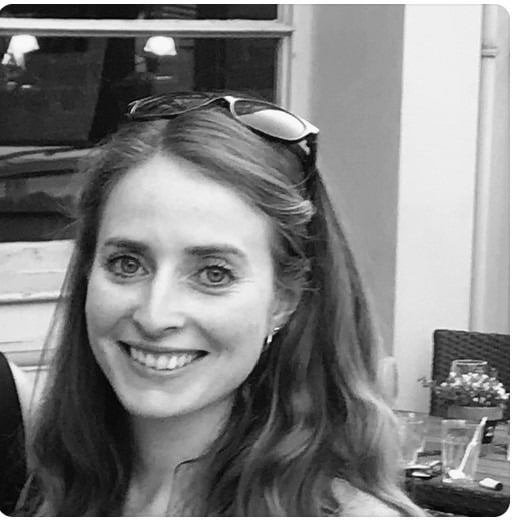Chlorine (Oxford AQA IGCSE Chemistry) : Revision Note
Use our revision notes to learn about the chlorine gas test for IGCSE chemistry. This page ncludes step-by-step procedures and explanations. Learn more.
Test for Chlorine Gas
The test for chlorine makes use of litmus paper
If chlorine gas is present, damp blue litmus paper will turn red and then be bleached white
It turns red initially as acids are produced when chlorine comes into contact with water
Chlorine also has a characteristic sharp, choking smell
Chlorine should always be handled in a fume cupboard due to its toxicity
Testing for chlorine gas

Examiner Tips and Tricks
You should distinguish between properties of gases and tests for gases. Chlorine 'smells like swimming pools' is a characteristic, but it is not an acceptable means of identification.

You've read 0 of your 5 free revision notes this week
Unlock more, it's free!
Did this page help you?

